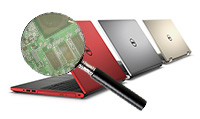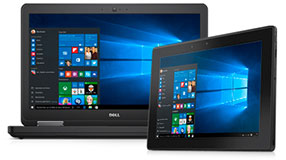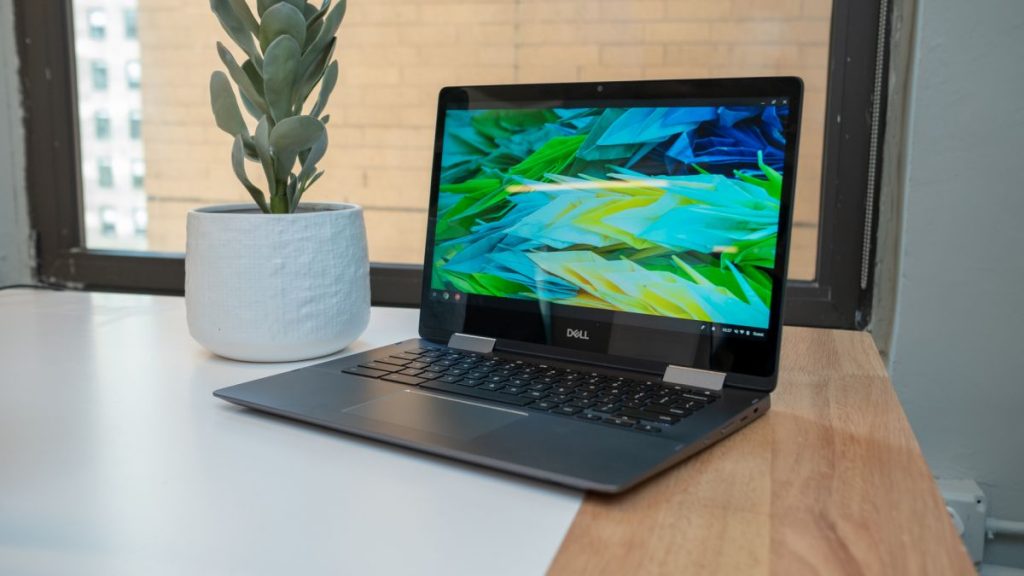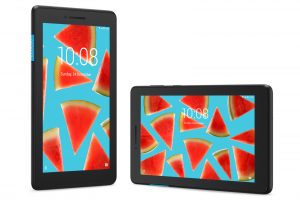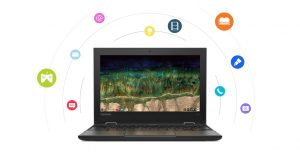

Said to be more efficient, pilling and swallowing your password also means better security. This is because no one can be trusted with their own information. It gets leaked, transmitted, and hacked, eliminating its purpose all together. This “body integration” concept literally means no more coming up with combos of uppercase and lowercase; no more remembering 20 passwords for your 20 accounts you use (some of us use more). I'm sure most of you have heard of this, but, among the most common passwords used in 2014, “123456” and “password” were two of the top choices. As much as we adore our devices, we humans don't take our passwords very seriously.
Onto the actual plan PayPal has come up with - indigestible capsules and wireless silicon chips. The capsules, which can monitor blood sugar levels and other bodily functions, would use this technology to identify, transmit, and encrypt the information. The wireless silicon chip, actually inserted into the body, would contain ECG sensors for monitoring your heart's activity. These could send information through wireless connections, functioning as “wearable computer tattoos” (Tech Times).
This “matrix-y” type of password invention is far away from becoming a reality, so no need to hide in your homes just yet. You can still log on with your predictable passwords and insecurely pay for stuff using PayPal. LeBlanc does admit fingerprint scanning for PayPal is more likely to pop up sooner than later, something I'm personally a little more comfortable with.

 Laptop & Tablet Parts
Laptop & Tablet Parts